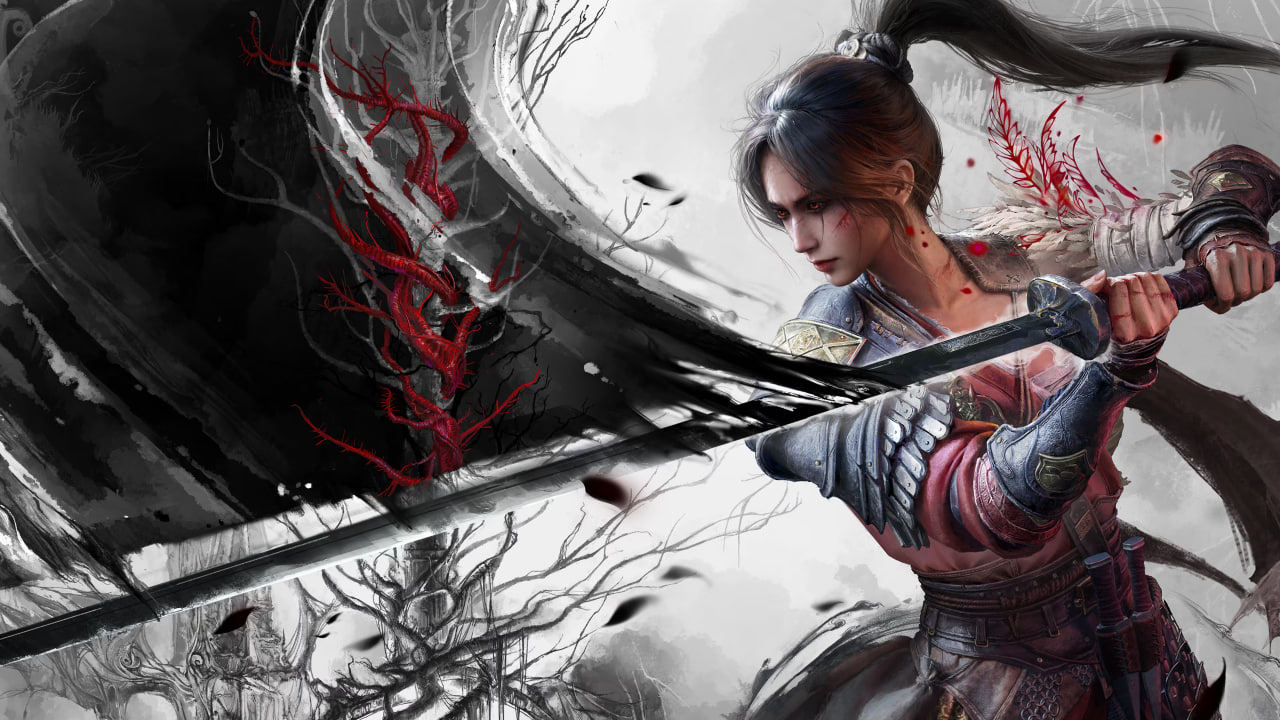Wuchang: Fallen Feathers: Polarized Launch & Player Frustration
Last Updated: October 12, 2025

Wuchang: Fallen Feathers, the latest Soulslike title from developer Leenzee and published by 505 Games, launched on July 23, 2025, sparking a curiously polarized reception. While some critics offered praise, often highlighting its ambition, a significant portion of both professional reviewers and its player base expressed considerable dissatisfaction, labeling it as one of the most unfair Soulslike experiences. This article delves into this paradox, exploring the game's perceived strengths and weaknesses, its market positioning within the demanding Soulslike genre, and the broader implications for game development and player expectations in the current gaming landscape. The juxtaposition of critical divides and widespread player discontent presents a fascinating case study. We will examine potential contributing factors, such as discrepancies between reviewer experiences and those of average players, the impact of marketing and pre-release hype, and the role of community engagement in shaping player perception. Furthermore, we will analyze the game's unique features and mechanics, assessing their contribution to both its varied reception and negative feedback.
Wuchang: Fallen Feathers, the latest Soulslike title from developer Leenzee, published by 505 Games, launched on July 23, 2025, across platforms including Steam and Xbox Series X. Its debut has been marked by a curiously polarized reception. While some critics delivered favorable review scores, a significant portion of both professional reviewers and its player base has expressed considerable dissatisfaction. This paradox—critical divides amidst player frustration—presents a fascinating case study in the complexities of game development, marketing, and player expectations in the modern gaming landscape.
A Tale of Two Receptions
Initial sales figures for Wuchang: Fallen Feathers indicated a strong performance, suggesting a degree of commercial success. However, a closer look at both professional and player reviews quickly revealed a significant undercurrent of negativity, challenging any notion of universal acclaim. This discrepancy between a strong launch performance and deeply divided reception warrants a deeper investigation into the factors contributing to this divergence.
Analyzing the Discontent
Several hypotheses can be offered to explain the deep player dissatisfaction and critical divides. One possibility lies in the inherent differences between professional game reviewers and the average player. Reviewers often possess more extensive gaming experience, a greater tolerance for difficulty, and may approach the game with a focus on its technical aspects, unique design choices, and ambition. Average players, on the other hand, frequently prioritize factors such as ease of access, intuitive controls, and overall enjoyment. This divergence was particularly evident in Wuchang, where some found its punishing gameplay to be a core flaw, with one critic famously labeling it "the most unfair Souls-like I've ever played," and others suggesting it felt "more focused on imitating a PlayStation 3 era tech demo than an enjoyable experience for the player." Aspects that some reviewers might appreciate as challenging but rewarding could easily lead to profound frustration for the broader player base.
Another potential factor is the impact of marketing and pre-release hype. If the marketing materials over-promised certain features or created unrealistic expectations, the resulting disappointment could contribute to negative player feedback. The game's actual mechanics, difficulty spikes, and perceived technical shortcomings may have fallen short of the perceived expectations established before its July launch, leading to a sense of betrayal or letdown among players. Finally, the role of community engagement cannot be ignored. Negative player reviews and feedback, especially in a niche yet passionate genre like Soulslikes, can create a snowball effect, influencing the perceptions and experiences of other players. A vocal segment expressing dissatisfaction can quickly amplify negative sentiment, potentially overshadowing positive experiences and creating a distorted overall impression of the game's quality.
The Broader Context
The experience with Wuchang: Fallen Feathers highlights the growing complexities of the gaming industry. The Soulslike genre, in particular, is known for its challenging gameplay, which can be a source of both intense satisfaction for some and frustrating difficulty for others. Wuchang's polarized reception, despite its initial commercial performance, underscores the ongoing tension between critical evaluation and player enjoyment, and the delicate balance required between challenging gameplay, accessibility, and clear communication. This case study also emphasizes the importance of developer-community interaction and the responsiveness of developers to player feedback. Addressing player concerns and making necessary adjustments post-launch can be crucial in improving player experience and mitigating negative sentiment, ultimately contributing to the long-term viability and reputation of the game.
Conclusion
Wuchang: Fallen Feathers’ launch represents a compelling example of a game experiencing a polarized critical reception while simultaneously facing significant player dissatisfaction. By examining the potential contributing factors, including the differences between reviewer and player experiences, the influence of marketing, and the crucial role of community feedback, we can gain valuable insights into the dynamics of game development, marketing, and player expectations in today's demanding gaming market. This case study serves as a potent reminder of the importance of understanding and addressing player concerns to ensure long-term success and cultivate a truly positive gaming experience.